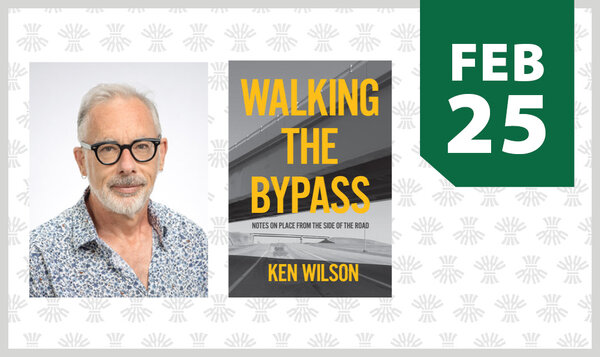
7 Nights of History: Was there an Industrial Revolution?
Join environmental historian Jim Clifford at the Hose and Hydrant as he looks at the many answers to this question
Most revolutions happen in a matter of days, months or at most years. British industrialization took at least a century. Inventions by James Watt, James Hargreaves, Samuel Crompton, or Eli Whitney did not immediately spark rapid economic growth. Environmental historian Jim Clifford (associate professor, Department of History) will examine how economic historians have framed and answered the question, “Was there an Industrial Revolution?”
When: Wednesday, Sept. 20 at 6 pm
Where: Hose and Hydrant Brewing Company
612 11th St E, Saskatoon
Admission is free.
Info: Keith Carlson keith.carlson@usask.ca
Economic historians in the 1960s argued against a revolution and instead focused on a long-term evolution. More recently, historians have inverted the question. Instead of looking for the moment the industrial revolution took off, they started asking why it did not stop. China and Holland both developed advanced proto-industrial economies, before the growth stagnated and eventually reversed. The British economy, on the other hand, slowly gained momentum before rapid growth began in the mid-nineteenth century. New sources of energy and overseas “ghost acres” explain the remarkable divergence between Britain and China in the decades around 1800 and we now see these factors as the world-shattering change of the industrial revolution.
Jim Clifford is an environmental historian of Britain and the British World during the long-19th century. His first book, West Ham and the River Lea: A Social and Environmental History of London’s Industrialized Marshland, 1839–1914 (UBC 2017), focuses on the history of rapid industrial growth in Outer London, while his new research explores the global environmental consequences of industrial supply chains.
7 Nights of History, a free public lecture series hosted by the Department of History, is the successor to 7 Days that Changed the World. The past is all around us, but it only becomes history when we apply the tools of the historical discipline to think historically. Each month a different U of S historian will deliver a public lecture that brings historical thinking to bear on a problem to better understand the human condition and navigate our way into the future. The public is encouraged to ask questions and join in discussion and conversation after each talk.


